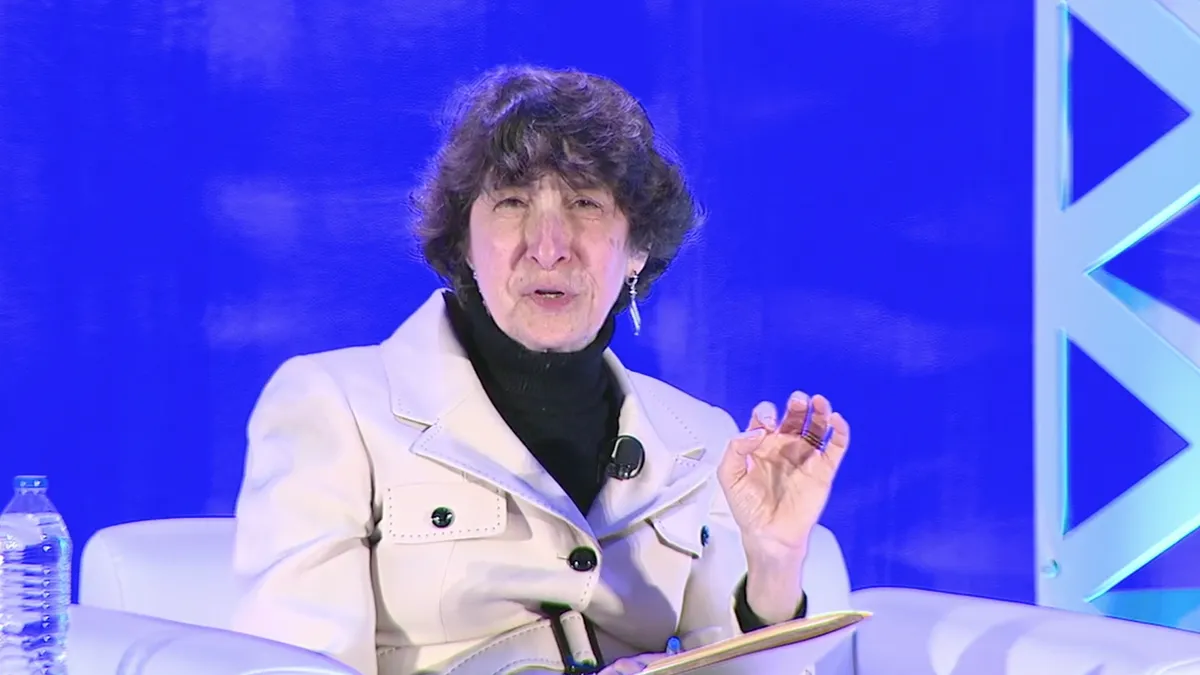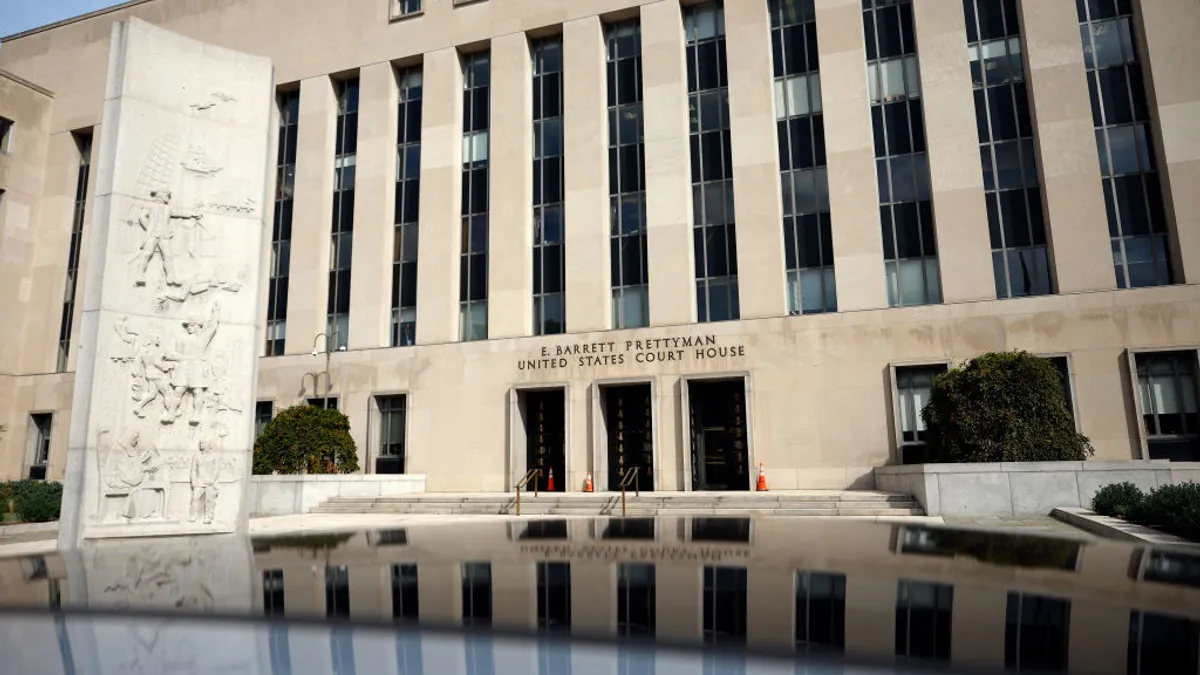Bryan Johnson is a partner at Michelman & Robinson, LLP, a national law firm. He maintains a practice that focuses on employment advice and counseling and related litigation and transactional matters, as well as issues related to the cannabis space. Views are the author's own.
For those of age, the recreational use of marijuana in many states is just as legal as sitting down for a cold beer; cannabis consumption for medical purposes is permitted even more broadly.
Without question, there is a widespread trend toward the nationwide legalization of cannabis, at least at the state level. By extension, it can be surmised that marijuana is being actively used by individuals employed by companies large and small from coast to coast. That being said, with more and more workers presumably consuming cannabis legally, be it for recreational or medical purposes, employers must understand what they can and cannot do in terms of restricting marijuana in the workplace.
A state-by-state analysis
Here's a question many are asking: If employees with disabilities or serious conditions have been prescribed medical marijuana, must employers make accommodations for that use? No surprise, the answer depends upon jurisdiction.
In California, the short answer is no. The Compassionate Use Act of 1996, which legalized pot for medicinal purposes in the Golden State, specifically provides that an employer is not required to accommodate for an employee's use of marijuana. Not only that, California case law holds that employers are permitted to take action against employees who test positive after a cannabis screening, even if the individual's marijuana use was medically necessary and legal.
Along these same lines, the California Supreme Court held that an employer may require pre-employment drug testing and take illegal drug use into consideration when making employment decisions. The court reasoned that no state law — namely, California's — could completely legalize marijuana given that the federal government has yet to jump on the legal cannabis bandwagon. Of note, there have been ballot measures in California that have sought to prohibit adverse actions by employers against employees using marijuana on the job but, to date, all have failed.
A very different story is being told in Massachusetts. A court there ruled that an employee terminated because she smoked marijuana could sue her employer for disability discrimination. The employee in that case, who consumed cannabis to treat Crohn's disease, explained this fact to her employer when hired. Despite assurances that her medical marijuana use would not be an issue, the employee was fired when she predictably failed a drug test administered after she accepted a job offer. In response, the employee sued, alleging, among other things, that the employer discriminated against her by refusing to accommodate her medical marijuana use. The Massachusetts Supreme Judicial Court agreed — the first time a state's high court recognized that the right for such an accommodation may exist.
New York takes a similar view. Statutory law in the Empire State disallows discrimination against employees that consume marijuana for medical reasons. Nonetheless, employers there are authorized to enforce policies prohibiting workers from performing their duties while impaired by a controlled substance. Still, New York companies cannot refuse to employ individuals by virtue of their cannabis use.
This is not the case in Florida, where employees can be terminated after testing positive for marijuana, even when the use of cannabis is medically-related. Yet in Illinois, management cannot discharge an employee or refuse to hire someone for their lawful use of marijuana off-site.
These are but a few examples of the competing cannabis-related laws from state to state. No doubt about it, an employer can get whiplash when considering the relevant legal landscape in different jurisdictions. For this reason, management should make it a point to consult with legal counsel before making employment decisions on the basis of an employee's marijuana usage.
The pitfalls of a zero-tolerance policy
Whether or not a state permits marijuana use, many employers nevertheless lean toward a zero-tolerance policy. The problem is that such a strategy is rather difficult to enforce and could be perilous for the enforcer. Simply stated, it is not always possible to definitively know if an employee is under the influence at work.
Indeed, in the absence of tangible proof of cannabis use, it is dangerous for an employer to take action against an employee based on circumstantial evidence (red eyes, for example). And unlike blood alcohol testing, there is no screening to determine whether an employee may be under the influence of marijuana while on the job. Because THC — the psychoactive chemical in cannabis — can stay in a user's system for weeks or even months, firing an employee for a positive drug test may be the equivalent of terminating an employee for having a couple of beers a week ago Saturday.
Some might argue that to prevent invasion of privacy claims, employers that maintain a zero-tolerance policy in connection with marijuana use in the workplace should only apply these rules to those in jobs where impairment could jeopardize employee safety or the safety of others. However, implementing such a selective policy could result in a slew of disparate impact lawsuits.
So, what are employers to do in the age of legalized marijuana? At a minimum, they should work with legal advisors to review current polices, make sure managers and supervisors are properly trained on how to deal with these sensitive issues, and emphasize to employees that marijuana use on or off the job may — depending on circumstance — still be cause for termination. Management must also keep apprised of the evolving law as it pertains to medical marijuana and the need to make associated accommodations in the workplace.




















